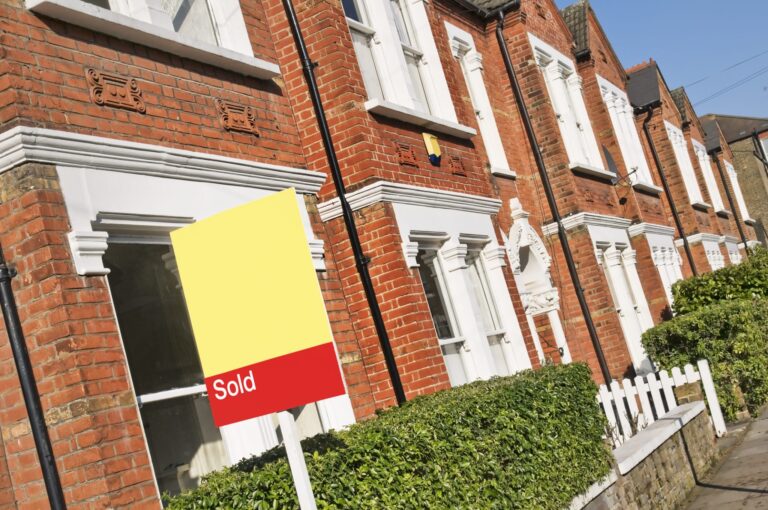As both mortgage rates and savings rates continue to inch upwards, investors with spare cash must decide whether to overpay or reinvest their funds.
The Bank of England pushed up its base rate to 3% yesterday in what was the biggest single increase in more than 30 years of 0.75%.
Over recent months, property owners, borrowers and savers alike have already noted the rising rates attached to their products, with many grappling to remortgage or take out new borrowing as early as possible to secure the best rates before they rise again.
Property owners with fixed rate mortgages can often secure a new product six months in advance of the end of their current deal, if they remain with the same lender, to hedge against future rate increases. However, those with fixed terms that still have a year or more left may be looking to overpay now where possible.
Whether to overpay or save
Every individual circumstance varies, in terms of your financial situation, the time remaining on your mortgage, the total balance you owe, the rate you’re on and the level you want to – or are able to – overpay. For some homeowners and investors, though, overpaying on your mortgage can have big benefits.
If you are on a relatively low rate, and are able to overpay to bring your loan to value (LTV) into the next ‘bracket’ – for example, overpaying so as to bring your LTV from 80% to 75% – you could make big savings when it comes time to remortgage, meaning you can secure a more competitive deal.
You can work this out by using an online tool, or speaking to your lender or a mortgage broker who can tell you how much money you could potentially save if you overpay.
With savings rates also going up, though, many of those with spare cash will be weighing up whether it is better to place it into a savings account to make more money. There are some extremely competitive rates on the market at the moment.
However, savings rates are not keeping up with rising prices, meaning the value of cash savings is actually falling in real terms. While it is impossible to know what lies ahead in terms of rate fluctuations, it is important to do your research to calculate whether it is more cost-effective to overpay or save.
How to overpay your mortgage
You can make an overpayment either as a lump sum or as regular monthly overpayments (or a combination of both), as long as you don’t overpay by more than your lender allows – and each lender has different rules. If you do, you could end up having to pay a penalty.
The standard maximum overpayment amount is 10% of the outstanding balance of your mortgage per year.
In the property investment arena, many buy-to-let landlords with a specialist mortgage opt for an interest-only loan, where each month they only pay off the interest owed on the debt rather than the capital. This means that the mortgage amount does not decrease over time, as the intention is that this will be paid off when the investment property is sold, normally at a profit.
However, it also changes the effects of overpaying. If you overpay on an interest-only mortgage, it will reduce your future interest payments – so reduce your monthly outgoings – but it does not pay off the loan itself, so this is something for investors to bear in mind.
If you decide you want to overpay, you can contact your lender and inform them of the amount you want to pay, whether as a lump some or regularly, and whether you want to reduce your mortgage term or keep the term the same and reduce the balance.
Reduce your term or your balance
Reducing your term can be the most cost-effective in the long run, as you will pay much less interest overall, but it won’t make your monthly repayments cheaper. This is something to bear in mind when weighing up whether you can afford to make additional payments.
Particularly for landlords, keeping a certain amount of cash in the bank is crucial to ensure you have the funds to pay for any additional costs or expenses that arise.










